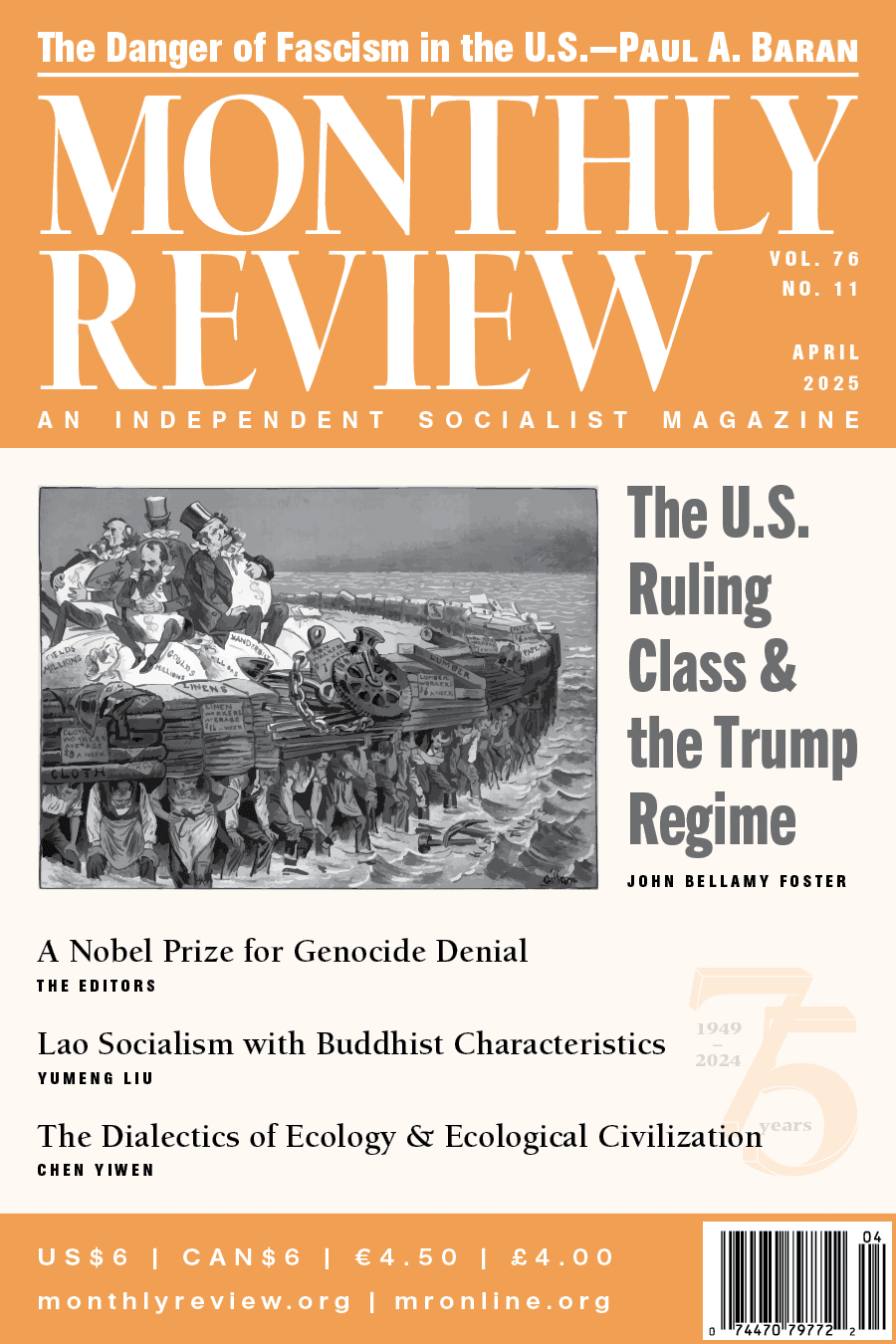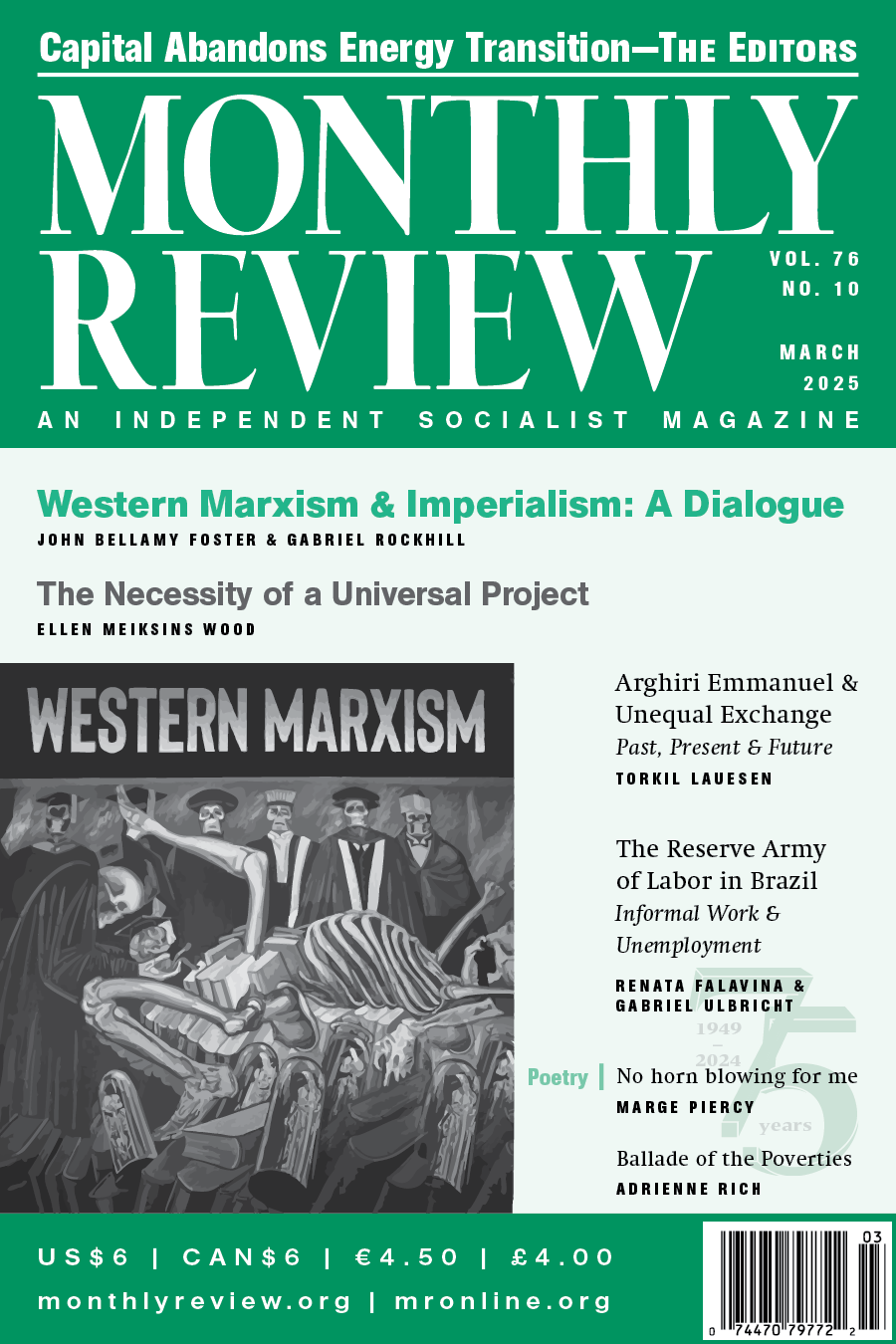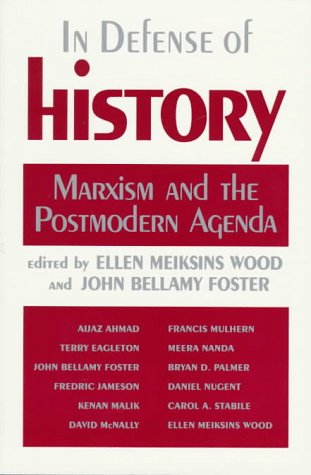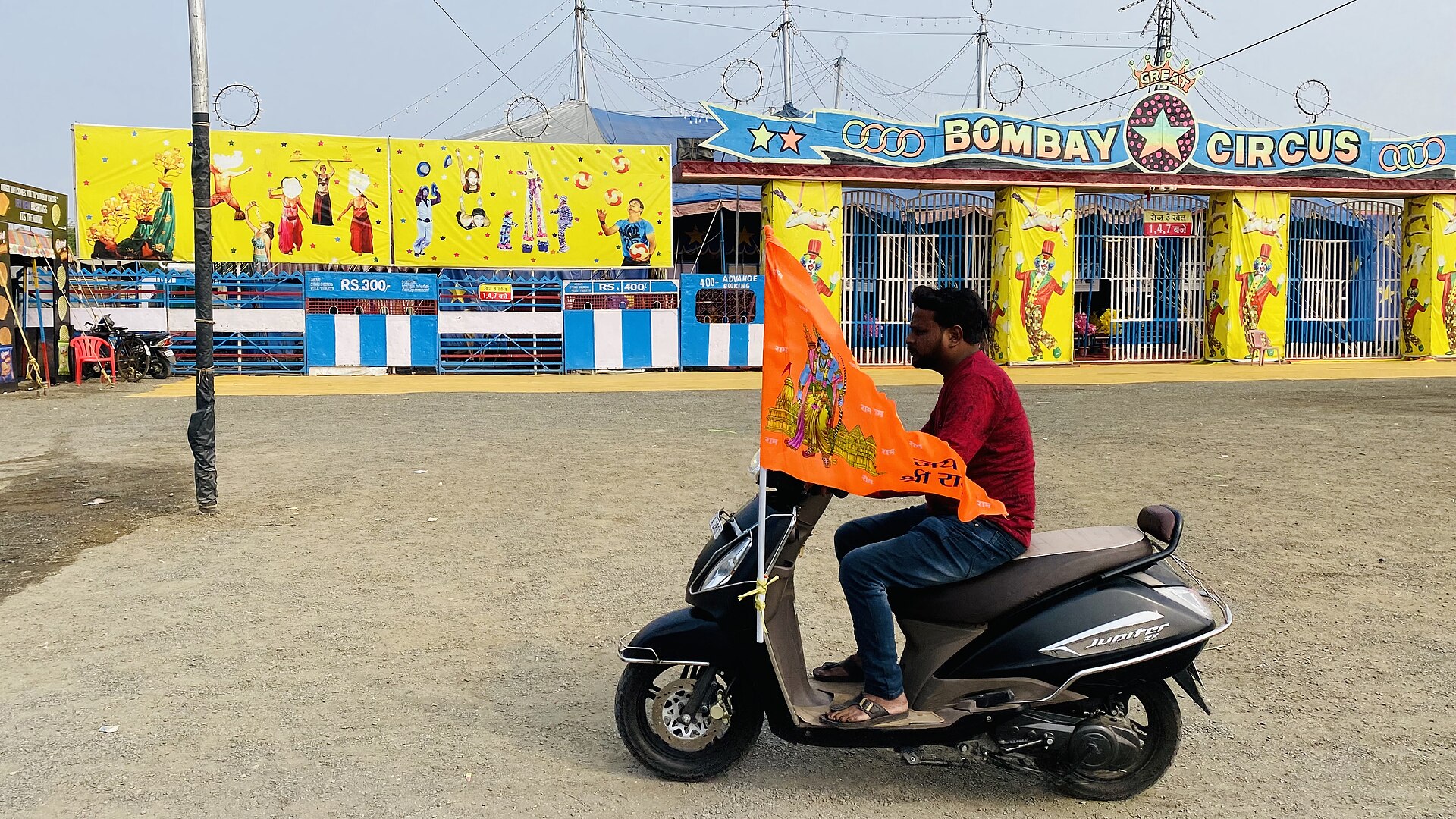MONTHLY REVIEW
MAY 1. 2025

buy this issue This month, MR editors take on the Sveriges Riksbank Prize in Economic Sciences in Memory of Alfred Nobel, a pale imitation of the five authentic Nobel Prizes that is aimed at…

John Bellamy Foster revisits and critiques the contention that the U. S. capitalist class is not a “governing” class, or indeed a class-conscious bloc in any sense.

Yumeng Liu takes a deep dive into the history of Laos, the only socialist nation among the Theravāda Buddhist countries of Southeast Asia, examining how the country has developed its own particular…
%20%5BPDF%5D.jpg)
“The Big Business-military coalition in the United States, ” Paul A. Baran wrote in this prescient reprise from 1952, “assumes all of the functions of a fascist regime….

buy this issue The editors analyze recent shift in mainstream discourse away from the goal of energy transition toward capitalist friendly policies that allow corporations to receive large subsidies…

John Bellamy Foster and Gabriel Rockhill assess the history and influence of Western Marxism, defined not geographically, but by a rejection of the Marxism developed in the Soviet Union…

In this excerpt from Ellen Meiksins Wood’s In Defense of History, Wood appraises the state of postmodern thought in the late twentieth century.
FEBRUARY 20. 2024
'The Prosecution of Professor Chandler Davis' provides the historical insight that I associate with the best accounts of this kind: motives are complex, power a critical variable, timing an unpredictable factor, and rational argument not necessarily a winning strategy. ..
Stone, as always working from open-source materials, condemned the continuation of the bombing of the north even though there were no viable military targets left. ..These days, the Stone’s 'Hidden History, ' while still viewed with hostility in certain quarters, is regarded as one of his best works. But given that it appeared long before the archives were open and while the conflict in Korea continued, is there merit in republishing it? The answer is yes. Stone may not have got everything right, and occasionally lapses into conspiracy theories, but his broad picture was accurate enough at the time and remains so. It is a lasting tribute to meticulous journalism.
". ..a woman in Gaza, her family had been bombed out of their home. But she was determined to make bread and she had found a hot plate. She was making these breads. She said you could get killed going to the bakery, you can’t go to the bakery. They're bombing the bakeries. So I'm doing this. Her kids are in the street, sitting under a tarpaulin. And she's making bread. That's a form of heroism, you know? . ..I asked them, “Do you ever feel like you should leave? ” They replied, 'We stay here. We're not leaving. This is our home. ' That's a form of resistance. "
At the end of the postscript, Marini again emphasises the central concept of his work, namely that “dependent economy – and therefore the super-exploitation of labour – appears as a necessary condition of world capitalism” and that therefore “capitalist production, by developing labour’s productive powers, does not eliminate but rather accentuates the greater exploitation of the worker”. ..


